This year marks a powerful milestone for the Alabama Primary Health care Association — 40 years of purpose-driven service, unwavering resilience, and transformative community care. As we celebrate this legacy, we invite you to our 40th Annual Conference and Expo, Soul Connect: Go All In. Everything Changes. At its core, this theme calls us to reconnect with the soul of our work — the essence, identity, heartbeat, and character that defines what it means to be a community health center. Beyond metrics and mandates, there lies a deeper force: passion, purpose, and people who make the mission real.
In this season of change, challenge, and opportunity, it’s time to go all in — to realign our heart (culture, attitude, and behavior), mind (knowledge, skills, and application), and systems (structure, accountability, and performance) toward what truly matters. It’s time to reignite the core that fuels our work and breathes life into our values and impact on the health of Alabama’s communities. The soul of our workforce shows signs of wear — from mental and system fatigue, uncertainty, and the exhaustion of doing much with too little for too long. Yet the work we began decades ago — this good, noble, and essential work — is not finished. We must reenergize our collective soul to finish it with excellence, courage, and vision for the next 40 years.
Join us for this year's conference and engage in a space for reflection, restoration, and re-commitment. It offers learning and leadership development across clinical, operational, financial, and governance domains — while anchoring every session with the core values that give our work meaning. You’ll find opportunities to:
Let’s gather not just to train, but to transform — individually and together. When we connect to the soul of our work and go all in — everything changes.

 09/16/2025 07:30 am
09/16/2025 07:30 am
 09/16/2025 08:00 am
09/16/2025 08:00 am
 09/16/2025 09:00 am
09/16/2025 09:00 am
 Barry Cambron
Barry CambronMr. Cambron will provide a timely Medicaid update on the state of the Medicaid program including its budget, maternal health efforts, Alabama's Coordinated Health Network (ACHN), anticipated impact from federal and state policy changes, and related program updates.
 09/16/2025 10:00 am
09/16/2025 10:00 am
 09/16/2025 10:15 am
09/16/2025 10:15 am
 Vacheria Keys
Vacheria KeysMs. Keys will share the latest information on advocacy, federal and state health policy developments, and their implications for health centers and the people and communities they serve.
 09/16/2025 11:15 am
09/16/2025 11:15 am
 09/16/2025 12:30 pm
09/16/2025 12:30 pm
 Colleen Meiman
Colleen MeimanThis session will update participants on health centers' most pressing policy issues and discuss strategies for engaging leadership to stay focused on policy impact rather than the slippery slope of today’s current political environment.
 09/16/2025 02:00 pm
09/16/2025 02:00 pm
 09/16/2025 02:15 pm
09/16/2025 02:15 pm
 Dr. Robert Fields
Dr. Robert FieldsValue-based care expectations are reshaping healthcare by prioritizing quality outcomes over volume, particularly for vulnerable and at-risk populations. To drive meaningful, lasting changes, health centers, payers, and networks must work together to build a more coordinated, patient-centered system that leverages over 50 years of lessons learned with innovative approaches to staffing, care delivery, financing and operations.
 09/16/2025 06:00 pm
09/16/2025 06:00 pm
Please arrive at 6:00 PM to walk the red carpet and take your seat for the awards, which will begin at 6:20 PM, followed by dinner and a celebration.
 09/17/2025 07:00 am
09/17/2025 07:00 am
 09/17/2025 07:30 am
09/17/2025 07:30 am
 09/17/2025 07:30 am
09/17/2025 07:30 am
 09/17/2025 08:30 am
09/17/2025 08:30 am
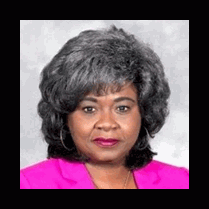 Lathran J. Woodard
Lathran J. WoodardAs stewards of Alabama’s community health center system, board members play a vital role in shaping the long-term direction and sustainability of their organizations. This interactive session is designed to equip board members with the knowledge and tools needed to fulfill their responsibilities and actively contribute to the strategic planning process and related assessment efforts.
Participants will gain a clear understanding of their governance responsibilities in conducting and overseeing a comprehensive environmental assessment and SWOT (Strengths, Weaknesses, Opportunities, and Threats) analysis. Participants will enhance their awareness of the current state and federal landscapes and engage in an analysis of critical areas including:
• Governance Engagement and Effectiveness
• Service Needs and Delivery
• Workforce Models and Productivity
• Quality Framework
• Performance Oversight for Financial Health, Operational Efficiency, and Clinical Outcomes
Through real-world examples and peer engagement, board members will learn how to ask the right questions, interpret key data, and contribute meaningfully to a strategic planning process that aligns with mission, community needs, and regulatory expectations. This session reinforces the board’s strategic oversight while fostering a culture of accountability, innovation, and continuous improvement.
Key Takeaways:
• Understand the board’s role in guiding and supporting strategic planning processes.
• Learn how to engage in an environmental assessment that identifies internal and external forces impacting the organization.
• Use SWOT analysis as a tool to assess and enhance organizational performance across services, workforce, quality, finance, and operations.
• Develop confidence in establishing and evaluating strategic priorities and performance to ensure mission alignment and long-term sustainability.
 09/17/2025 10:00 am
09/17/2025 10:00 am
 09/17/2025 12:00 pm
09/17/2025 12:00 pm
 09/17/2025 02:00 pm
09/17/2025 02:00 pm
 09/17/2025 03:45 pm
09/17/2025 03:45 pm
 09/17/2025 07:00 am
09/17/2025 07:00 am
 09/17/2025 07:30 am
09/17/2025 07:30 am
 09/17/2025 07:30 am
09/17/2025 07:30 am
 09/17/2025 08:30 am
09/17/2025 08:30 am
Who Should Attend: Chief Medical Officers, Clinical Directors, quality improvement staff, executive and operational leadership, data and informatics staff, clinic site managers and support staff, patient navigators and care coordinators
 09/17/2025 08:30 am
09/17/2025 08:30 am
 Dr. Robert Fields
Dr. Robert FieldsOutcomes-based care is fundamentally reshaping the healthcare landscape by shifting the focus from volume to value, placing greater emphasis on quality outcomes, particularly for vulnerable populations. This model calls for more than incremental change; it requires a coordinated, patient-centered approach that drives long-term impact through sustainable, data-informed solutions.
In this session, participants will:
• Explore the core principles and goals of outcomes-based care
• Learn how to apply network-driven strategies to improve care delivery and population health
• Identify common barriers and opportunities in transitioning from volume to value
• Understand how to align teams and systems around shared metrics and goals
• Gain actionable insights into building collaborative, scalable models that break down silos and support equity-focused care.
 09/17/2025 10:00 am
09/17/2025 10:00 am
 09/17/2025 10:00 am
09/17/2025 10:00 am
 09/17/2025 10:30 am
09/17/2025 10:30 am
 Dr. Luis Garza
Dr. Luis GarzaThis session explores how to foster a culture of continuous improvement by mentoring provider teams and embedding data-driven practices into daily workflows. Learn how organizations are using peer review and provider variation profiling (PVP) to increase provider adoption, enhance alert effectiveness, and build a sustainable data strategy. By transforming culture from within, health centers can elevate both clinical quality and operational performance, turning data into action and peer feedback into lasting change.
 09/17/2025 12:00 pm
09/17/2025 12:00 pm
 09/17/2025 12:00 pm
09/17/2025 12:00 pm
 09/17/2025 01:00 pm
09/17/2025 01:00 pm
 Dr. Robert Fields
Dr. Robert Fields Dr. Luis Garza
Dr. Luis Garza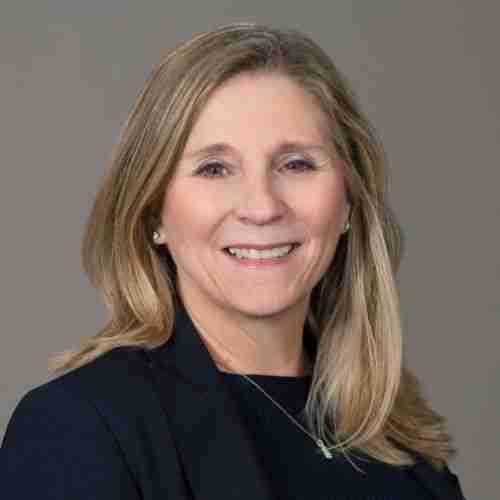 LuAnn Kimker
LuAnn KimkerJoin us for an engaging and candid fireside discussion on navigating the shift from volume-based care to value-driven outcomes across every level of a healthcare organization. This panel will highlight how strategic collaboration among key stakeholders can fuel innovation, improve care delivery, and elevate patient outcomes. Panelists will share insights and real-world examples focused on:
• Expanding access and improving outcomes through patient-centered, value-based models
• Strengthening provider collaboration—with a focus on addressing the complex needs of the growing older adult population
• Leveraging network-driven strategies to support population health and drive measurable, sustainable impact
This session offers a unique opportunity to gain practical perspectives on breaking down silos, forming high-impact partnerships, and leading transformative change in today’s evolving healthcare environment.
 09/17/2025 02:00 pm
09/17/2025 02:00 pm
 09/17/2025 02:00 pm
09/17/2025 02:00 pm
 09/17/2025 02:30 pm
09/17/2025 02:30 pm
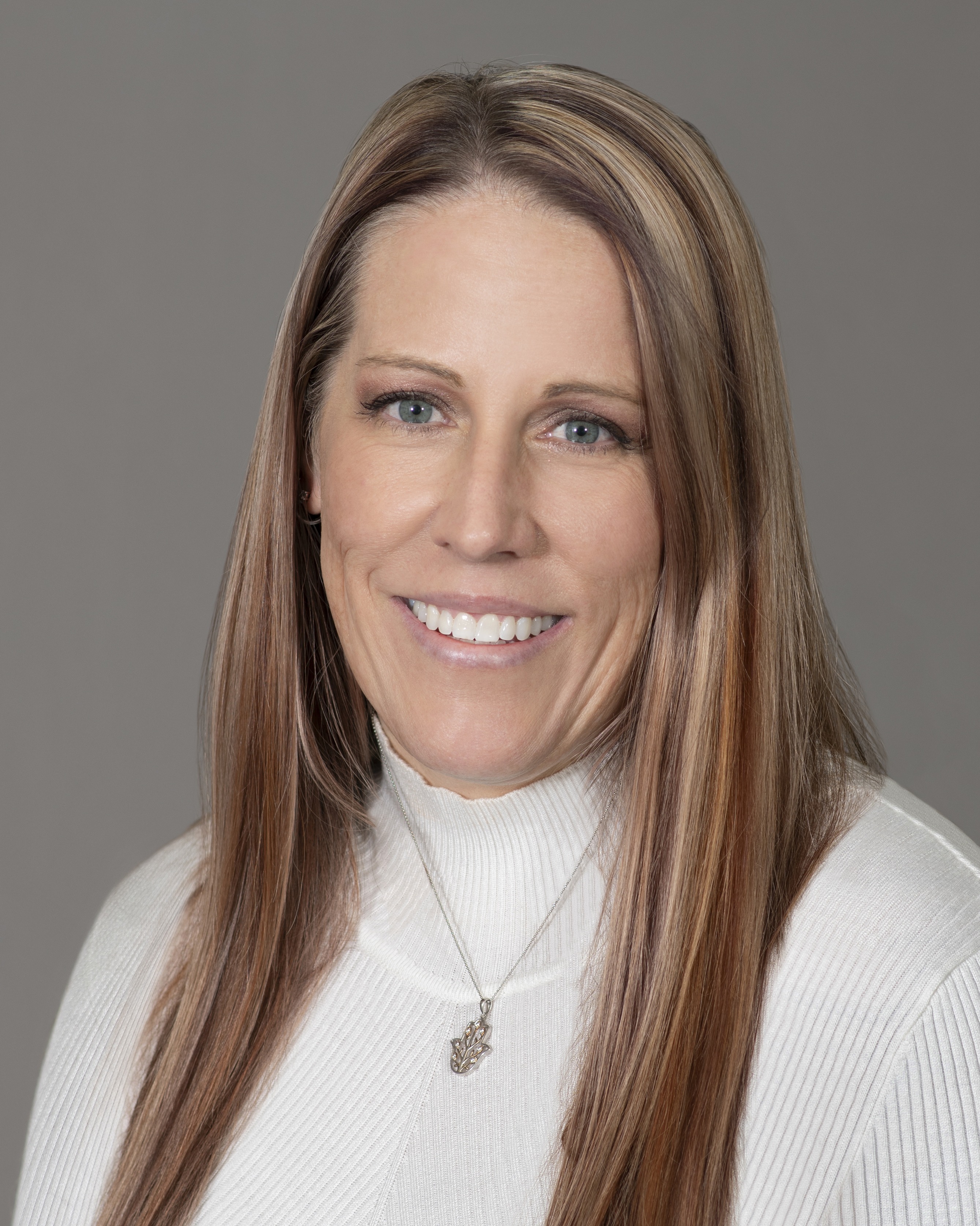 Carrie Taylor
Carrie TaylorEven modest changes can have a powerful impact on patient care. This session will explore three practical, achievable steps health centers can take to close care gaps—an essential component of improving clinical quality and outcomes. Whether caused by system inefficiencies, provider oversights, or patient-related barriers, care gaps hinder the delivery of timely, evidence-based care. By equipping staff with targeted strategies and a proactive mindset, organizations can align care with best practices, increase treatment effectiveness, and enhance patient satisfaction while making meaningful progress, one step at a time.
 09/17/2025 03:45 pm
09/17/2025 03:45 pm
 09/17/2025 07:00 am
09/17/2025 07:00 am
 09/17/2025 07:30 am
09/17/2025 07:30 am
 09/17/2025 07:30 am
09/17/2025 07:30 am
 09/17/2025 08:30 am
09/17/2025 08:30 am
 David Fields
David Fields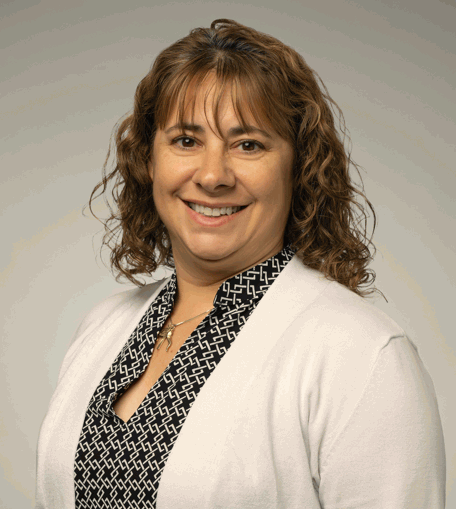 Nicole Moscatelli
Nicole MoscatelliWho Should Attend: Chief Financial Officers, Finance Directors, Controller, revenue cycle teams,
finance and operational staff, clinic site managers, compliance and grants management staff
This comprehensive training series is designed for Health Center leaders, billing teams, compliance
officers, and finance professionals who are responsible for setting, maintaining, and communicating fee
schedules and Sliding Fee Discount Programs (SFDPs). With a focus on compliance, operational
integration, and financial alignment, this four-part series offers both foundational knowledge and
practical application strategies to strengthen your organization’s approach to patient billing and
affordability.
Learning Objectives:
By the end of this series, participants will be able to:
• Develop and maintain compliant and sustainable fee schedules
• Ensure their SFDP aligns with HRSA expectations and community needs
• Integrate financial policies across systems and teams
• Communicate changes effectively to both staff and patients
 09/17/2025 08:30 am
09/17/2025 08:30 am
Dive into the core principles of setting market-based fee schedules that meet payer expectations and support organizational sustainability. This session will cover methods for maintaining accurate, up-to-date charge structures, special considerations for Medicare services, and critical compliance factors that must be addressed to avoid risk.
Key Topics:
• Market-based fee schedule development
• Maintaining accurate and current schedules
• Medicare-specific rate considerations
• Compliance with HRSA and federal requirements
 09/17/2025 10:00 am
09/17/2025 10:00 am
 09/17/2025 10:30 am
09/17/2025 10:30 am
Explore the purpose, structure, and regulatory requirements of the SFDP. Learn how to manage and maintain your sliding fee structure while ensuring that your program aligns with HRSA compliance expectations and effectively supports patients in need.
Key Topics:
• Purpose and structure
• Building and maintaining a compliant SFDP
• Managing program updates and documentation
• Addressing special population considerations
 09/17/2025 12:00 pm
09/17/2025 12:00 pm
 09/17/2025 12:00 pm
09/17/2025 12:00 pm
 09/17/2025 01:00 pm
09/17/2025 01:00 pm
Connect strategy to practice by integrating fee schedules with budgeting, UDS reporting, and revenue cycle operations. Learn how to collaborate across teams, leverage technology, and prevent billing errors or denials. Real-world case studies will highlight audit insights and fee schedule recalibration strategies.
Key Topics:
• Aligning fee schedules with budget and cost reports
• Collaboration with billing and coding teams
• Technology and tools
• Case studies and real-world examples
 09/17/2025 02:00 pm
09/17/2025 02:00 pm
 09/17/2025 02:00 pm
09/17/2025 02:00 pm
 09/17/2025 02:30 pm
09/17/2025 02:30 pm
Effective communication is key to successful implementation. This session will provide tools for training staff, communicating updates internally, and engaging patients and leadership in the process. Strategies for board engagement and transparent patient education will be highlighted.
Key Topics:
• Internal training and communication
• Patient-facing transparency
• Gaining board buy-in and reporting outcomes
Bonus Takeaways:
• How to create a compliant fee schedule from the ground up
• Conducting a self-audit of your Sliding Fee Discount Program
 09/17/2025 03:45 pm
09/17/2025 03:45 pm
 09/18/2025 07:30 am
09/18/2025 07:30 am
 09/18/2025 08:00 am
09/18/2025 08:00 am
 09/18/2025 08:30 am
09/18/2025 08:30 am
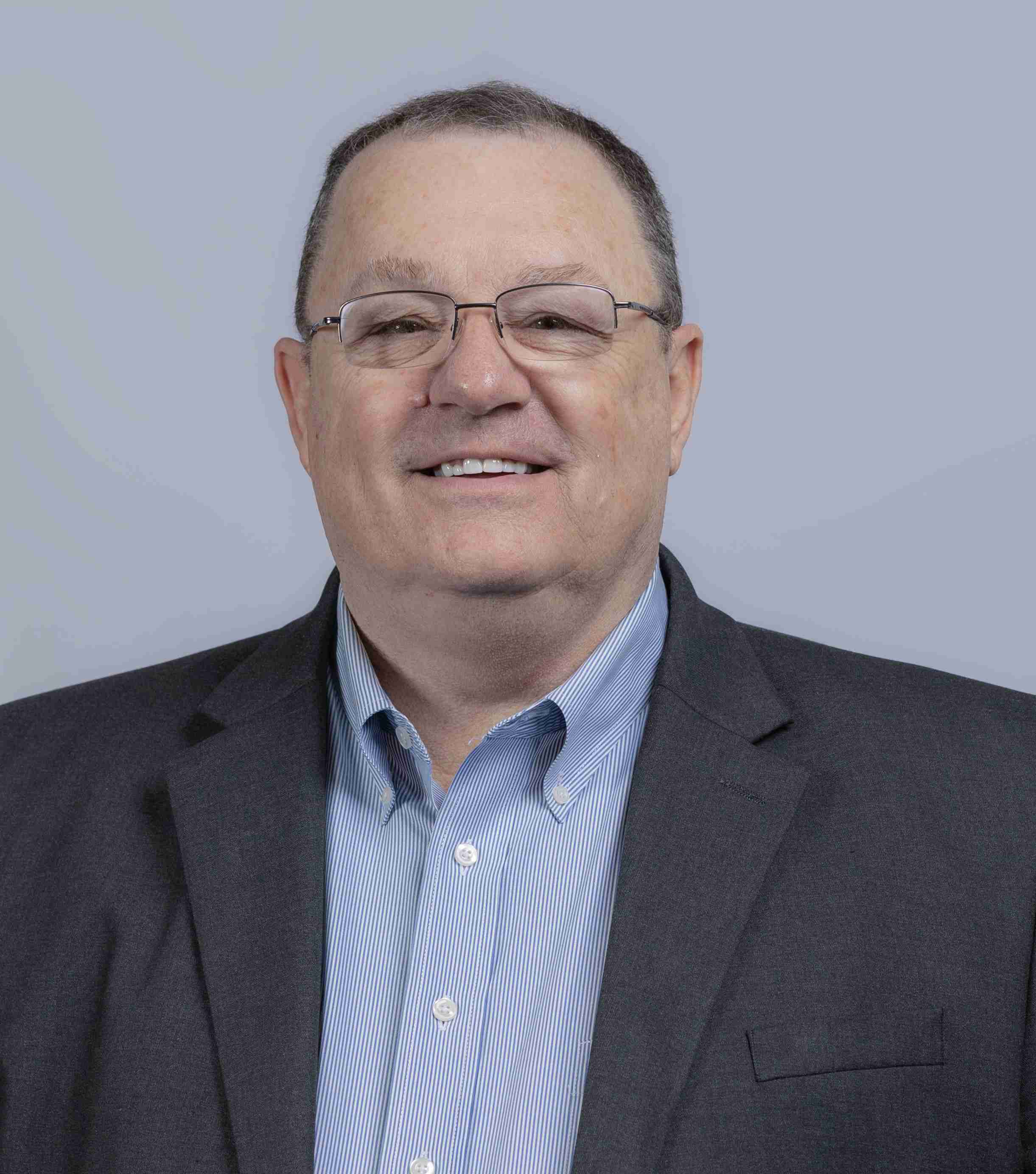 John Bentley
John BentleyWho Should Attend: Executive and senior leadership, operational managers, health center staff and board members
 09/18/2025 08:30 am
09/18/2025 08:30 am
Strong communication is essential in the high-pressure, high-impact world of community health. This session explores what causes breakdowns in workplace conversations—and how to shift toward trust-building dialogue that brings people together. You'll learn a straightforward, effective model to reduce conflict, strengthen relationships, and lead respectful, clear conversations, even during difficult moments. Walk away with tools you can use right away to foster calm, connection, and collaboration across your team and center.
 09/18/2025 09:30 am
09/18/2025 09:30 am
 09/18/2025 10:00 am
09/18/2025 10:00 am
In community health, emotional resilience fuels engagement. This session unpacks how stress and brain-state awareness directly impact team dynamics and staff morale. You’ll learn a practical approach to identifying your own brain state, regulating your response, and modeling the kind of leadership that energizes others. With greater self-awareness, you’ll be better equipped to shape a positive, engaged culture—starting with yourself.
 09/18/2025 09:30 am
09/18/2025 09:30 am
 09/18/2025 11:00 am
09/18/2025 11:00 am
 09/18/2025 11:30 am
09/18/2025 11:30 am
Community health centers are no strangers to constant change—new policies, shifting priorities, evolving patient needs. This session offers tools to help you lead through it all without sacrificing your well-being. Learn how to stay present, focused, and supportive in the face of uncertainty. Discover strategies to manage your energy, guide your team through transition, and build resilience across your organization. You’ll leave empowered to lead with steadiness, compassion, and clarity.
 09/18/2025 11:00 am
09/18/2025 11:00 am
 09/18/2025 08:00 am
09/18/2025 08:00 am
 09/18/2025 08:30 am
09/18/2025 08:30 am
 Carrie Taylor
Carrie TaylorWho should attend: Quality Improvement Leaders, Clinical Managers and Care Team Coordinators, IT and Data Analysts, Compliance and Reporting Staff
In today’s rapidly evolving healthcare landscape, a well-structured data ecosystem is more than a technical asset—it’s a strategic imperative. This full-day immersive session will dive deep into how DRVS, as a centralized data warehouse and analytics platform, can power performance improvement, guide resource allocation, and ultimately improve patient and population health outcomes.
Participants will gain a comprehensive understanding of the essential components of a robust data infrastructure and how to align these tools with their organization’s clinical and operational goals. Through hands-on demonstrations, peer learning, and real-world case studies, attendees will explore how DRVS enables:
• Proactive identification of patient needs through risk stratification and predictive analytics
• Seamless integration into care team workflows to support timely, coordinated interventions
• Data-driven population health strategies that address equity, access, and quality
• Real-time monitoring of clinical performance, operational efficiency, and compliance metrics
• Informed decision-making at all levels, from front-line staff to executive leadership
Whether you're new to DRVS or looking to expand its use across your organization, this session will equip you with practical strategies and actionable insights to harness your data for greater impact. Come ready to engage, collaborate, and leave empowered to lead a data-informed transformation at your health center.
 09/18/2025 08:30 am
09/18/2025 08:30 am
Discover how Patient-Centered Medical Home (PCMH) principles come to life through the strategic use of DRVS (Data Reporting & Visualization System) tools. This session will explore how organizations are leveraging population health analytics to uncover trends, monitor co-occurring conditions, and proactively manage patient care. By integrating data into care coordination and care management programs, providers can close care gaps, enhance patient engagement, and improve clinical outcomes. Learn how DRVS supports the transition to a more proactive, outcomes-focused care model—one that aligns with PCMH goals and advances whole-person care.
 09/18/2025 09:30 am
09/18/2025 09:30 am
 09/18/2025 09:30 am
09/18/2025 09:30 am
 09/18/2025 10:00 am
09/18/2025 10:00 am
Make your data work with purpose. This session will empower healthcare leaders and teams to harness data as a strategic asset—driving efficiency, guiding decisions, and improving outcomes across the organization. Learn how to interpret and apply quality measures to gain a clearer picture of your population’s health and identify opportunities for targeted improvement. By aligning data with mission-driven goals, participants will leave equipped to make smarter, faster, and more impactful decisions that advance care delivery and organizational performance.
 09/18/2025 11:00 am
09/18/2025 11:00 am
 09/18/2025 11:30 am
09/18/2025 11:30 am
Accurate data is the cornerstone of effective decision-making, but ensuring data quality requires more than a one-time effort. In this session, learn how the APHCA Health Center Controlled Network (HCCN) has partnered with Health Centers to implement robust, collaborative data validation strategies. Discover how ongoing data hygiene practices, cross-team coordination, and a shared commitment to data integrity create the foundation for a reliable, organization-wide data strategy. When teams work together to validate and maintain clean data, the result is more informed decisions, stronger outcomes, and a system that truly supports value-based care.
 09/18/2025 11:00 am
09/18/2025 11:00 am
 09/18/2025 07:30 am
09/18/2025 07:30 am
 09/18/2025 08:00 am
09/18/2025 08:00 am
 09/18/2025 08:30 am
09/18/2025 08:30 am
In this session, we will explore the fundamental concepts of budgeting within an organization, focusing on both organizational budgets and HRSA grant budgets. Participants will gain insights into the purpose and importance of budgeting as a planning tool, accountability mechanism, and transparency device. We will also discuss common budgeting problems, approaches to budgeting, and the formatting of budget statements. Additionally, the session will cover the budgeting process, including revenue and expense breakdowns, and the specifics of HRSA budgets, such as Service Area Competition (SAC) and Noncompeting Continuation (NCC) budgets.
Objectives:
• Participants will learn how budgeting serves as a planning tool to achieve organizational goals, ensures accountability, and promotes transparency within the organization
• Participants will be able to recognize common issues such as overestimated revenue and large variances in expenses, and understand how the budgeting process can help identify opportunities for improvement and inefficiencies
• Participants will gain knowledge on the detailed budgeting process, including revenue and expense breakdowns, and learn about the specific requirements and components of HRSA grant budgets, such as SAC and NCC budgets
 09/18/2025 08:30 am
09/18/2025 08:30 am
 Jacob Crosby
Jacob CrosbyAchieving operational and financial sustainability is critical for the long-term success of community health centers. This track offers essential tools and knowledge to support sound fiscal management and strategic decision-making. Participants will explore the core principles of budgeting, gain hands-on experience with break-even analysis, and enhance their forecasting capabilities. From understanding HRSA grant requirements to anticipating future financial scenarios, this series is designed to help leaders and finance teams align resources with mission, navigate funding uncertainties, and drive organizational resilience.
Who Should Attend: Chief Financial Officers, Finance Directors, Controller, revenue cycle teams, finance and operational staff, clinic site managers, compliance and grants management staff.
 09/18/2025 09:30 am
09/18/2025 09:30 am
 09/18/2025 09:30 am
09/18/2025 09:30 am
 09/18/2025 10:00 am
09/18/2025 10:00 am
HCs facing financial challenges and uncertainty around ongoing grant funding amidst Federal budget, changes in Medicaid, and threats to 340B. This presentation will present a break-even analysis tool tailored for FQHCs, offering participants a comprehensive understanding of its significance in financial management. Break-even analysis helps FQHCs assess financial viability by identifying the point where total revenue matches total costs, ensuring neither profit nor loss. Attendees will learn about the necessary components - fixed costs, variable costs, and revenue factors - and how to apply them to FQHCs. Practical strategies for utilizing break-even analysis to inform financial and operational decisions within FQHCs will also be explored.
Objectives:
1. Participants will learn the fundamental concepts of break-even analysis, including fixed costs, variable costs, and revenue factors, and how these components interact to determine the break-even point for FQHCs.
2. Attendees will gain insight into how break-even analysis can be specifically applied to FQHCs, considering their unique revenue streams, cost structures, and regulatory environment.
3. Participants will learn practical strategies for leveraging break-even analysis to make informed financial decisions within FQHCs, such as pricing services, assessing the feasibility of new programs or initiatives, and optimizing resource allocation to achieve financial sustainability.
 09/18/2025 11:00 am
09/18/2025 11:00 am
 09/18/2025 11:30 am
09/18/2025 11:30 am
This training session will focus on enhancing forecasting skills crucial for financial stability and strategic growth. Participants will engage in hands-on activities, case studies, and discussions to develop robust forecasting models tailored to the unique challenges and opportunities in the HC landscape. This workshop aims to empower CFOs with the tools and insights necessary to accurately predict financial outcomes and effectively plan for future developments.
Objectives:
1. Learn to implement advanced forecasting models that incorporate FQHC-specific variables, such as government funding cycles, patient volume fluctuations, and regulatory changes.
2. Gain the ability to use forecasting data to make informed strategic decisions, including resource allocation, budget adjustments, and long-term financial planning.
3. Enhance skills in predictive financial reporting to improve accuracy and reliability, ensuring better compliance with financial regulations and more effective communication with stakeholders.
 09/18/2025 11:00 am
09/18/2025 11:00 am